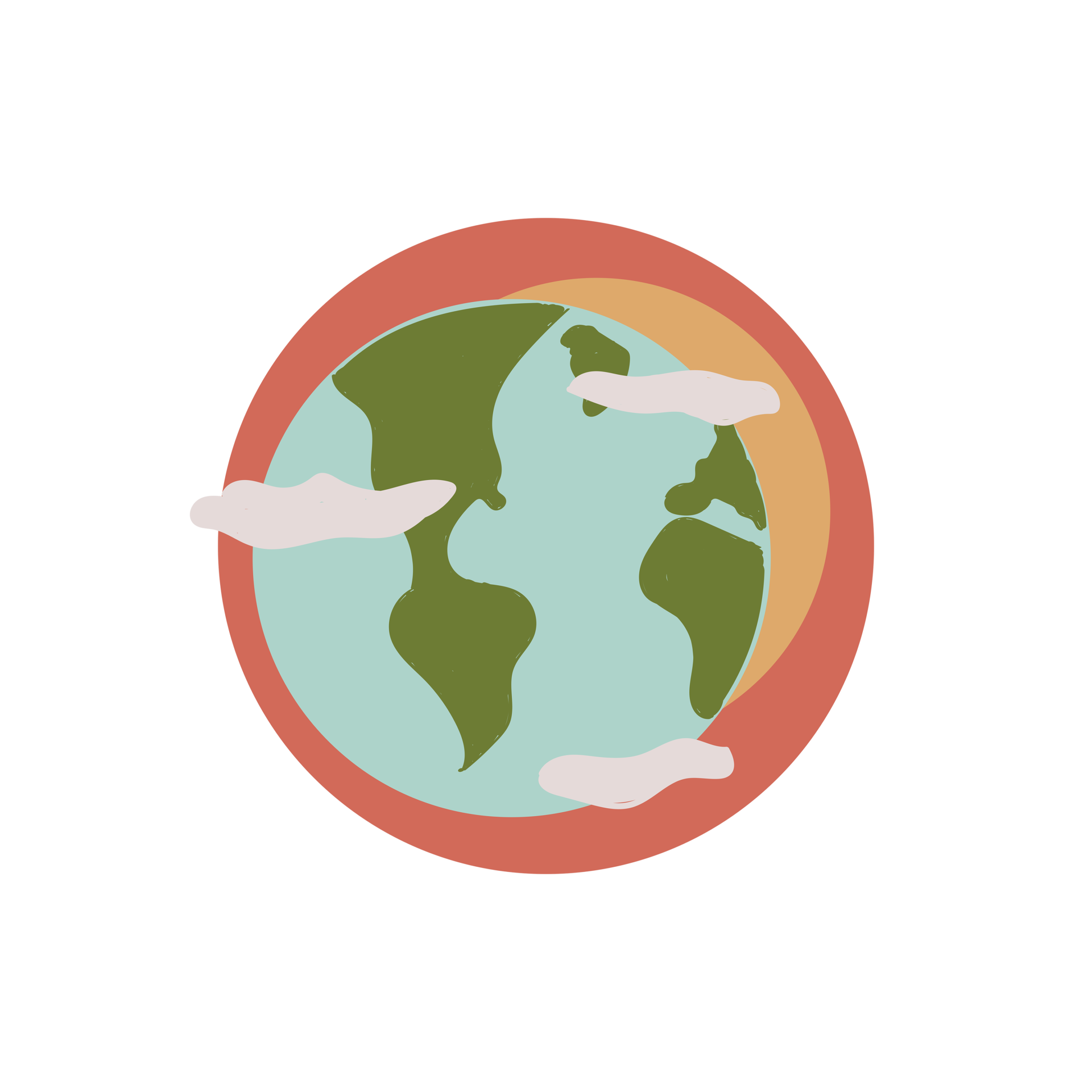
Lewis & Clark’s 22nd annual ENVX Symposium will launch on Oct. 22 and go through Oct. 24. The previous symposia have each built on the broad theme of “Environment Across Boundaries,” with a new topic every year. The topic of this year’s symposium is “Climate, Environment, and Uneven Development.”
“In our conversations with students over the years, we felt the need for our environmental symposium to not just duplicate what is already readily available in Portland, but to really add value to a very robust environmental conversation,” Professor and Director of Environmental Studies Jim Proctor said. “We came up with this theme in steps because students have contributed to this discussion, really for the entire last year.”
Students enrolled in last fall’s Environmental Engagement course (295) identified climate as a key topic for the symposium after the release of a major Intergovernmental Panel on Climate Change (IPCC) report. Uneven development, which means that any solution to climate change will be more beneficial to some than to others, was selected as the final piece to the theme.
“There will be people, there will be non-humans, there will be places that benefit and there will be places that pain, and that’s a feature of how the earth is structured,” Proctor said in regards to climate change. “Being mindful of that unevenness … seems really important as we seek to understand climate and other environmental issues better and as we seek to move forward to take action.”
Dr. Sunita Narain, an Indian environmentalist and political activist, will be the keynote speaker at the event.
“She represents a strong proponent of human rights in the context of environmental situations,” Georgia Reid ’20 said. “Discourse on climate change or environmental issues here (the US) is very different. If we’re talking about conserving water in a drought, in most cases the tap still runs, the water is still potable. That is just not the same situation as in developing countries around the world.”
The symposium differs from other LC symposia in that it will also feature a spring component in the form of two off-site field trips. Participants will visit the Portland Harbor Superfund Site, as well as Klamath Falls, Oregon.
“These visits weave together a sort of longer story in our theme, which is getting to know the different actors that make up situations,” Reid said.
The fall launch week of the symposium will include a climate conversations event, which was inspired by philosopher Bruno Latour, whose event “Make it Work” personified non-nation entities such as water, stranded oil assets, or indigenous tribes, and gave them a voice in theoretical United Nations negotiations.
“We need more creative thinkers and a more creative look at the problem as a whole, one that allows us to step beyond classic environmental thought,” Reid said. “There are things in our political sphere that are realities. There is a difference between rural and urban worlds, and socioeconomic situations, and racial systems. All of these things are part of our world, so to isolate climate change as a singular situation isolates the debate, and it’s ultimately not inclusive or productive.”
The symposium aims to transcend boundaries that limit the discussion on climate change and increase resources for the community’s benefit.
“This timely conference before the climate change summit at Chile later this year will be a platform for students, faculty, researchers and other stakeholders to come together and understand the veracity of attaining climate justice in a globalized era,” Vidya Jacobs, a visiting international scholar at Lewis & Clark Law School, said via email.
Subscribe to the Mossy Log Newsletter
Stay up to date with the goings-on at Lewis & Clark! Get the top stories or your favorite section delivered to your inbox whenever we release a new issue.

Leave a Reply